Is pasture-raised beef better for the environment? It sure could be.
Food Politics
JANUARY 16, 2024
A reader, Kris, sent me this query: I hope in a future writing you can help sort out the mixed statements I’m reading about how pasture-raised meat lines up in terms of environmental/climate change concerns, (particularly if it doesn’t involve extensive shipping). So, I’m all for pasture grazing.


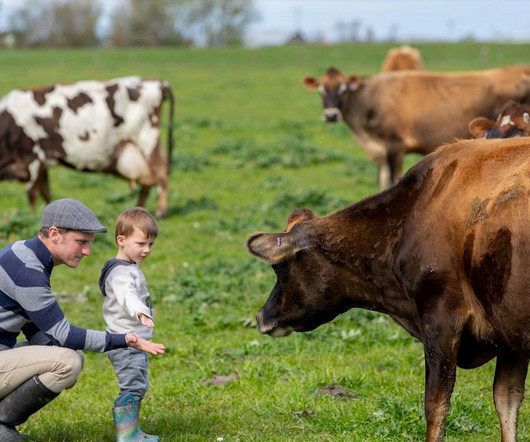
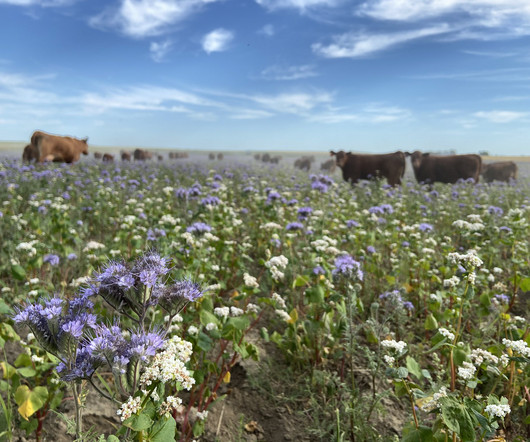

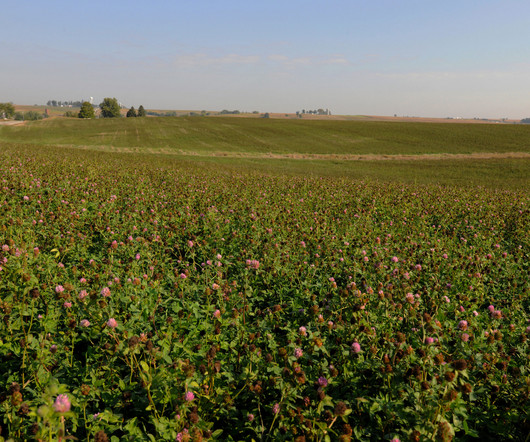
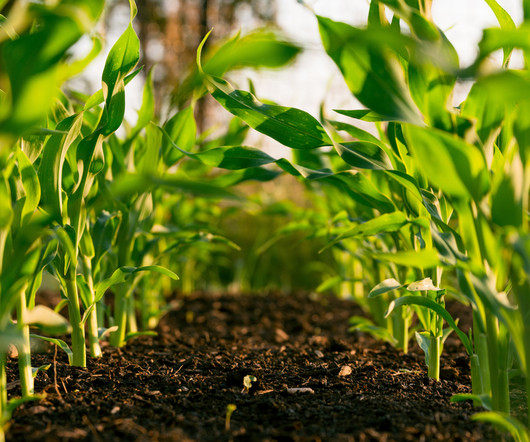
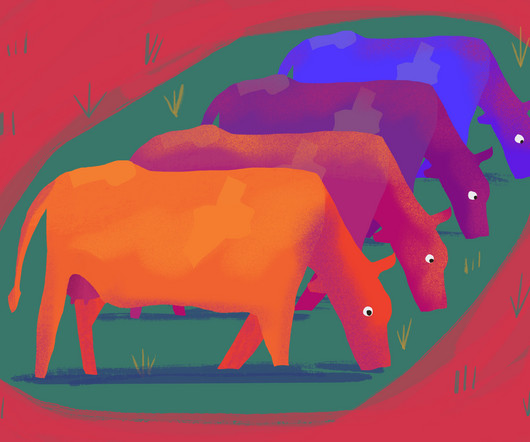
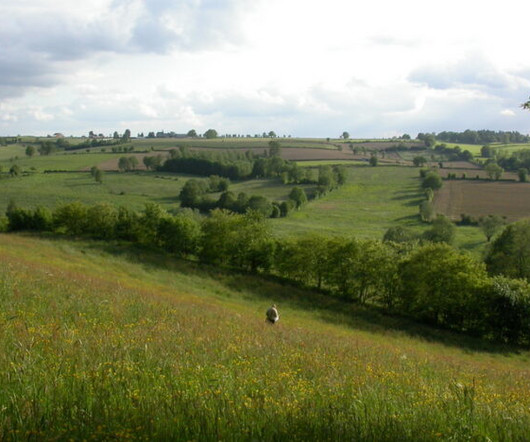
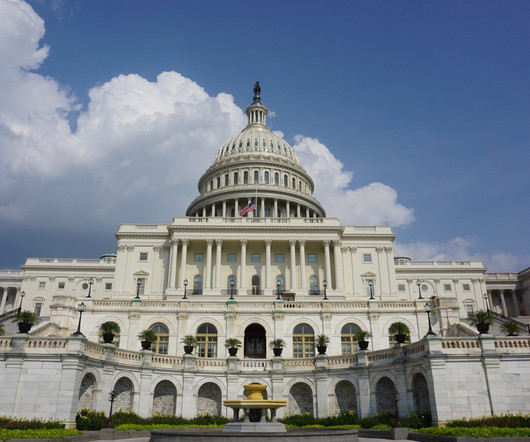
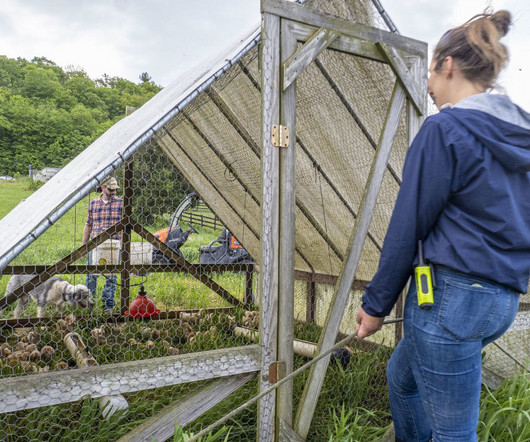






Let's personalize your content